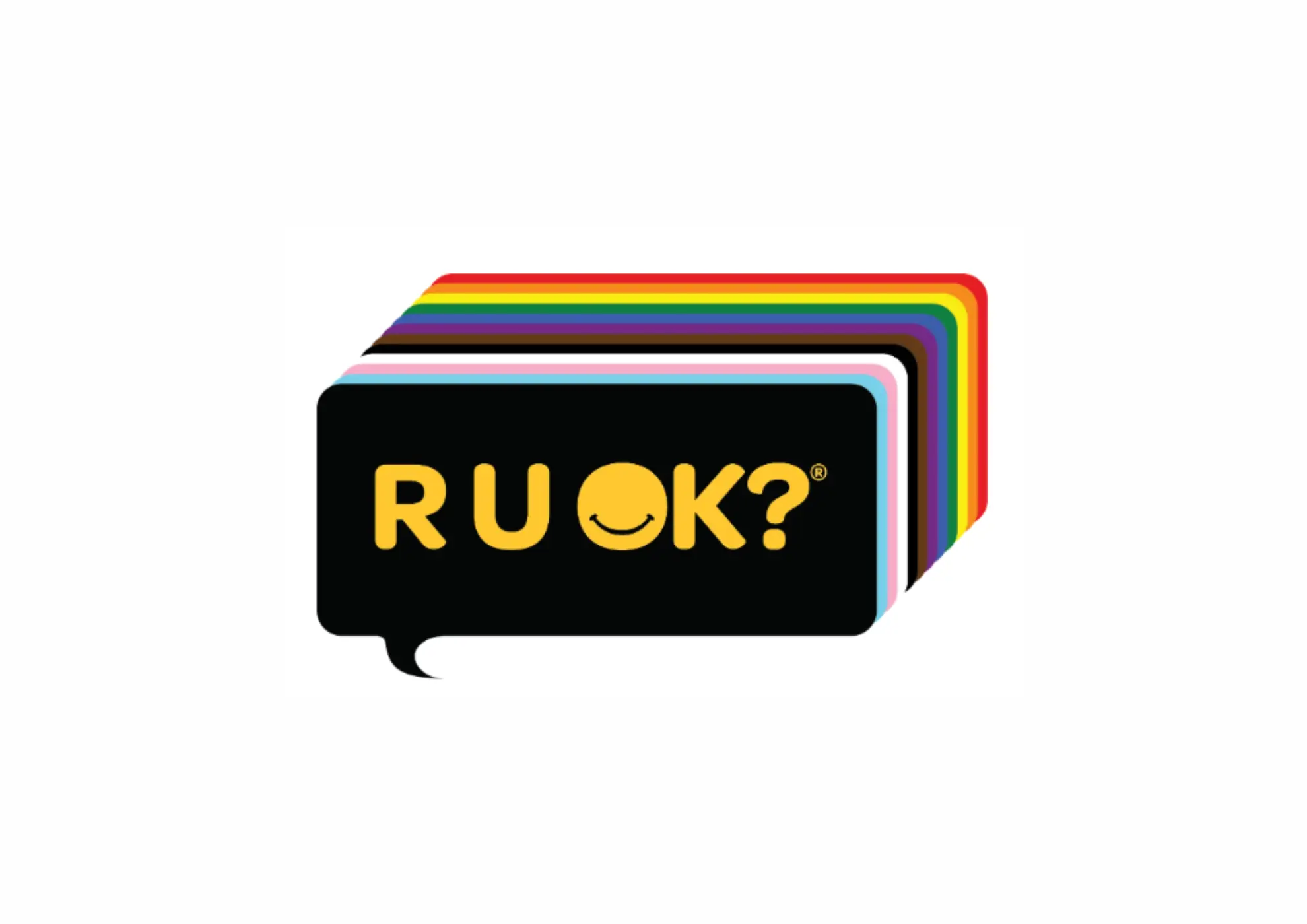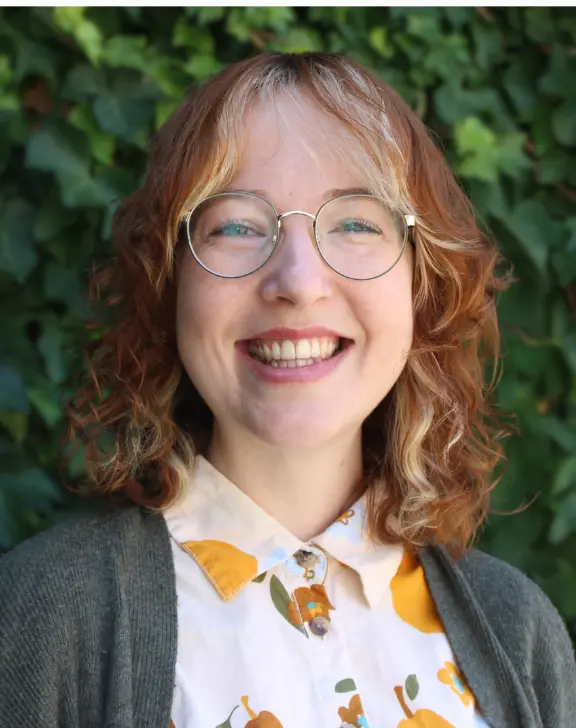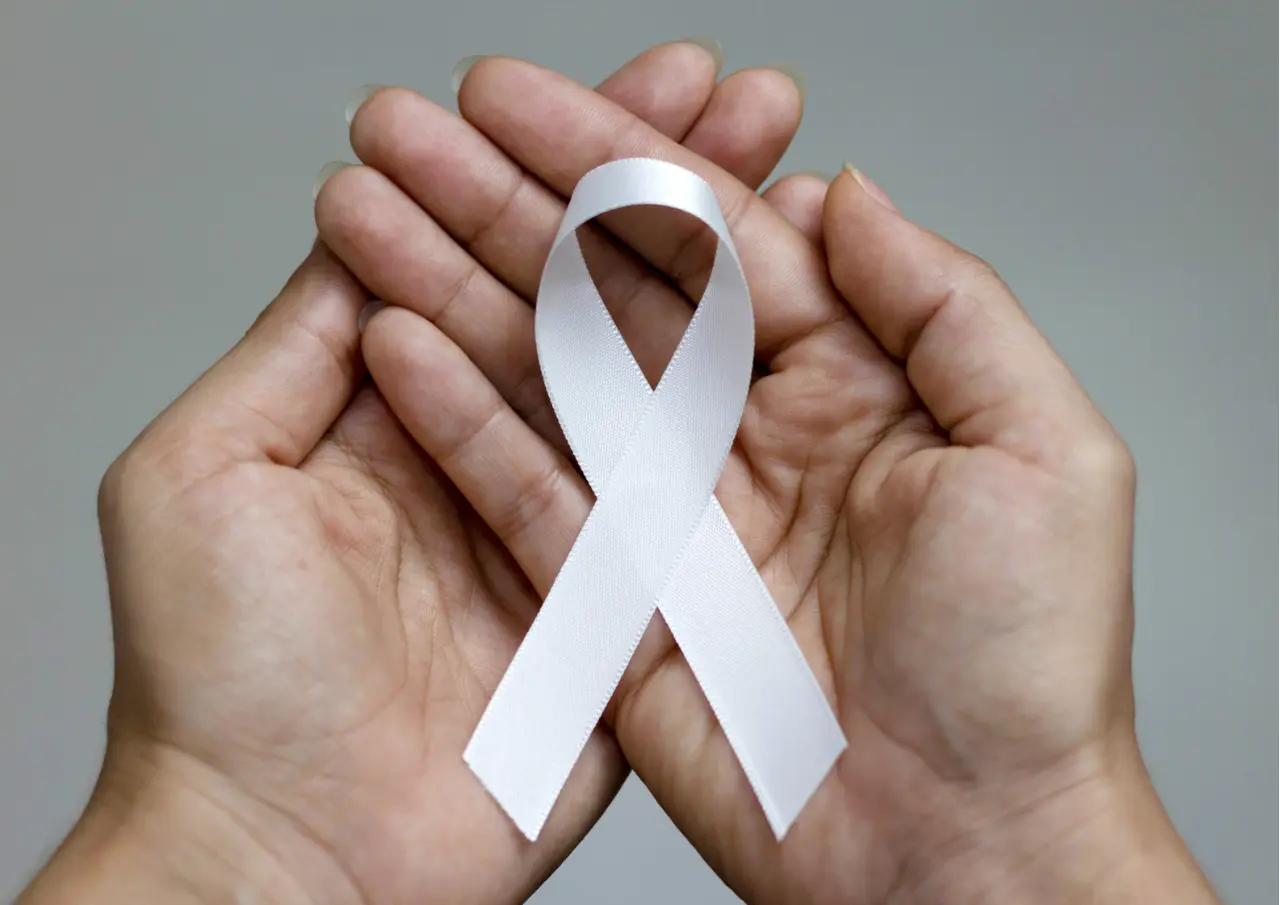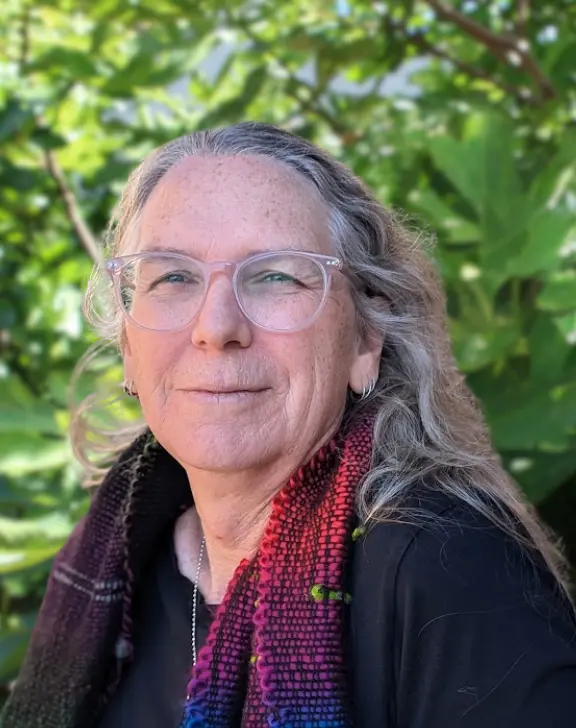Every year on the second Thursday of September R U OK? Day aims to amplify World Suicide Prevention Day (September 10th annually), with the idea that a conversation could change a life. R U OK? Day is about looking after those around us and that the whole community can contribute to suicide prevention. Although it is encouraged to check in on those around you on this day, R U OK?’s message is to extend this throughout the year.
Why does R U OK Day matter?
R U OK? Day boosts our own confidence to have difficult but rewarding conversations with those around us, and shows those around us that we are a safe space for them, it expresses that they’re someone whose wellbeing you care about and it builds further connection through vulnerability and genuine care. By starting a conversation and commenting on some changes that you may have noticed, you could help that (chosen) family member, friend or colleague open up and no longer suffer in silence.
How do I apply it?
- 1-on-1 conversations in a private place are best as this will allow both of you to feel more safe and comfortable to talk freely
- Make sure that you are in the right mindset should the other person tell you that they are not okay
- Do not try to jump to a solution, sometimes all you need is someone to listen
R U OK? Encourages the use of ALEC:
Ask R U OK? – “Just wanted to check in to see how you’re doing as I know work has been really stressful for you lately.”
Listen – “I’m here to listen if you need”
Encourage Action – “Do you need any help findany other supports?”
Check in – “Would you like me to check in withyou (tomorrow, this weekend, next week etc)”
What do I do if someone is not okay?
Sometimes being someone to listen to is all that they need. If asking a colleague, you may wish to look into if your employment has ways to support its employees’ mental health. It’s okay to admit that you don’t have all the answers or the perfect response, you could try:
- “That does sound like you’ve been having a really tough time. I’m feeling a bit lost on how best to support you, do you think we could look at organising some help from a professional?”
- “Have you thought about talking about this with your GP?”
- “Is there anything you would like me to do to support you?”
If concerned about suicide and their immediate safety, be direct – asking about suicide does not lead to suicide, but phrases such as “you’re not thinking about doing something silly, are you” are unclear and judgemental. Instead, you might try:
- “Some people in really tough times may be thinking about ending their life, have you had any thoughts of suicide?”
- “I really want to make sure you’re safe, how would you feel if we looked at some immediate support and crisis services?” eg Lifeline @ 13 11 14, 13 YARN or, Suicide Call Back Service @ 1300 659 467
Beyond R U OK? Day
Remember that R U OK?’s message is about checking in on those around us more than one day of the year, and so keep in mind the importance of normalising difficult conversations every day of the year. Check in with others regularly, mentioning what you have noticed in a non-judgemental way, for example:
- "I could be wrong, but I feel like you haven’t been as much of yourself lately. Is there anything you want to talk about, as I care about you and want to make sure you’re okay"
- "We missed you at the last few hangouts, is everything okay?"
Trust your instinct – if you misread the situation, the other person still knows that you care about them, and don't forget to share with others when you may need some help or comfort for yourself
For further information, access R U OK’s website here - https://www.ruok.org.au


.webp)

.webp)



%20(4)%20(1).webp)
